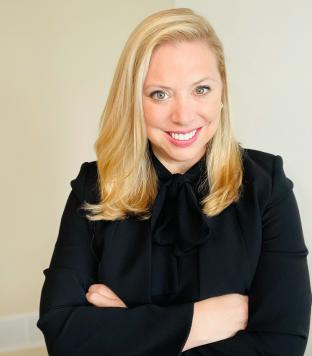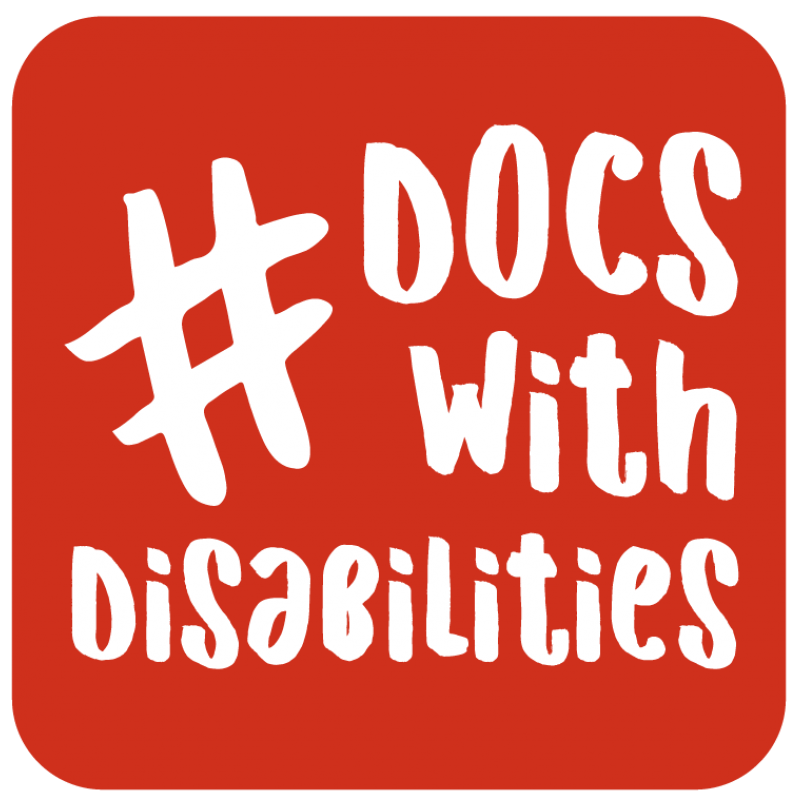Dr. Meeks is an expert in disabilities in medical education. As an administrative leader and researcher, she is helping to inform policy and best practice in the area of disability inclusion for medical education, training and practice. Her research interests include: Improving access to medical education for learners with disabilities, medical student and resident well-being, reducing health care disparities in patients with disabilities, and the performance and trajectory of learners and physicians with disabilities. Her work has been published in the NEJM, Lancet, JAMA, and Academic Medicine and featured on NPR, in the Washington Post, CNBC, Bloomberg Law, Time Magazine, and AAMC News.
Dr. Meeks is the co-founder and Past President of the Coalition for Disability Access in Health Science and Medical Education, co-developer of both the AAMC Disability Webinar Series and edited and authored the leading books on the topic, including Disability as Diversity, the casebook companion, and Equal Access for Students with Disabilities: The Guide for Health Science and Professional Education, Second Edition. She is also the lead author of the AAMC Special Report: Accessibility, Inclusion, and Action in Medical Education: Lived Experiences of Learners and Physicians with Disabilities, co-creator of the social media campaign #DocsWithDisabilities, co-host of the Docs With Disabilities Podcast, and director of the DocsWithDisabilities Initiative.





